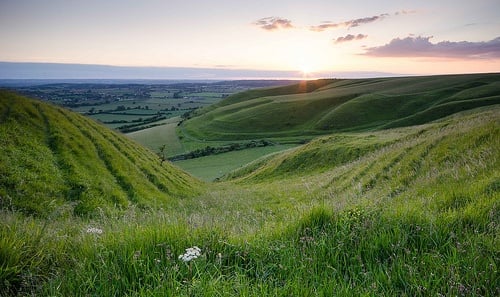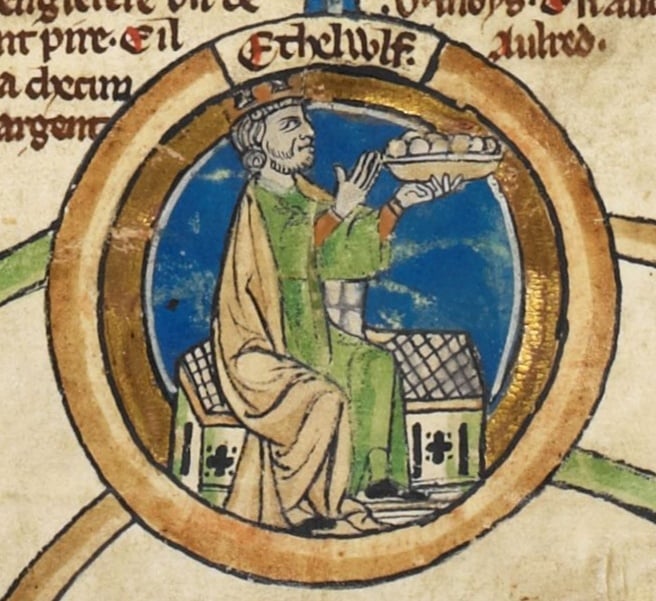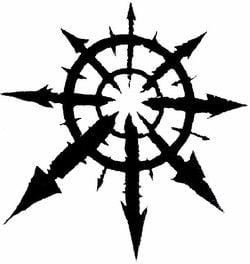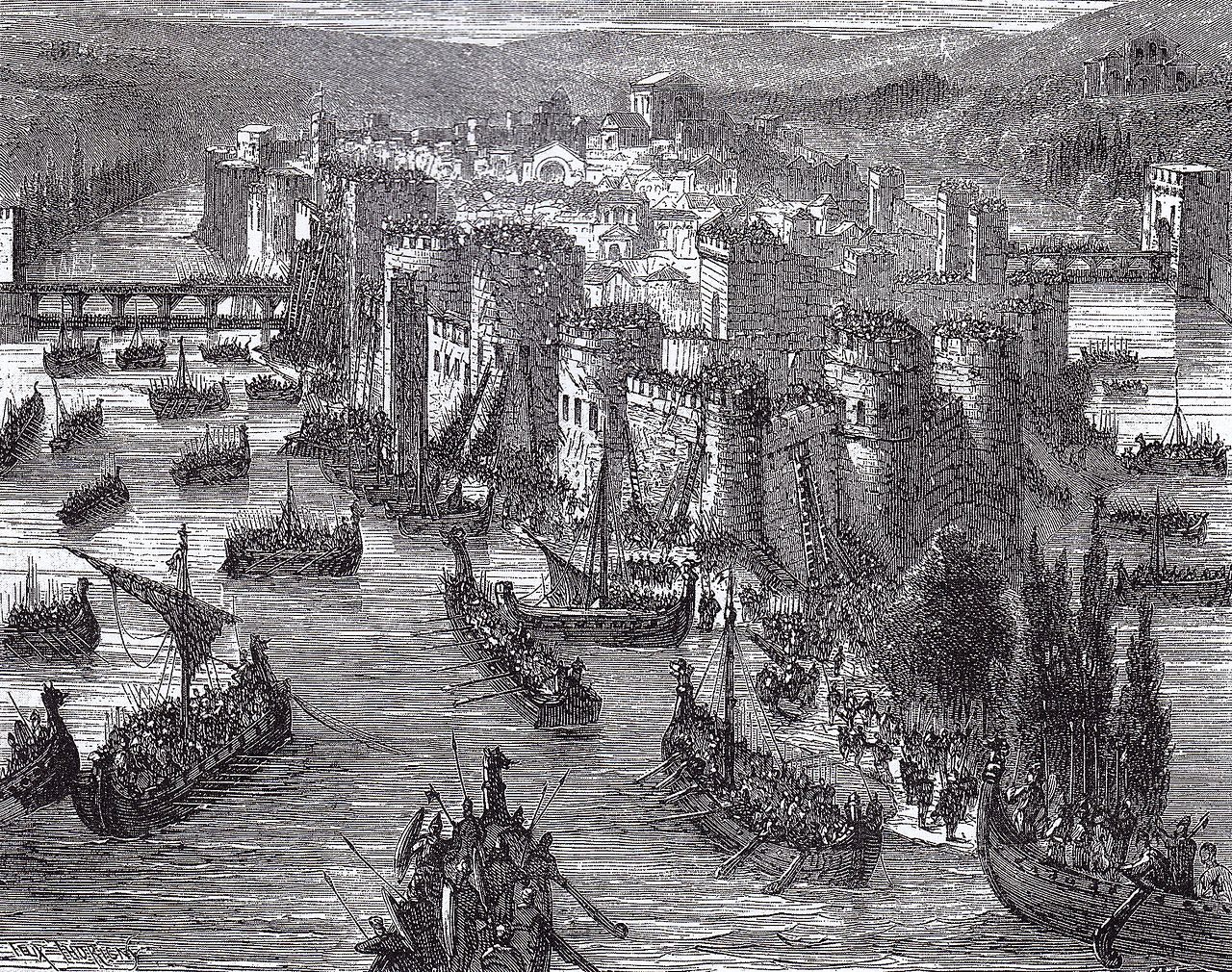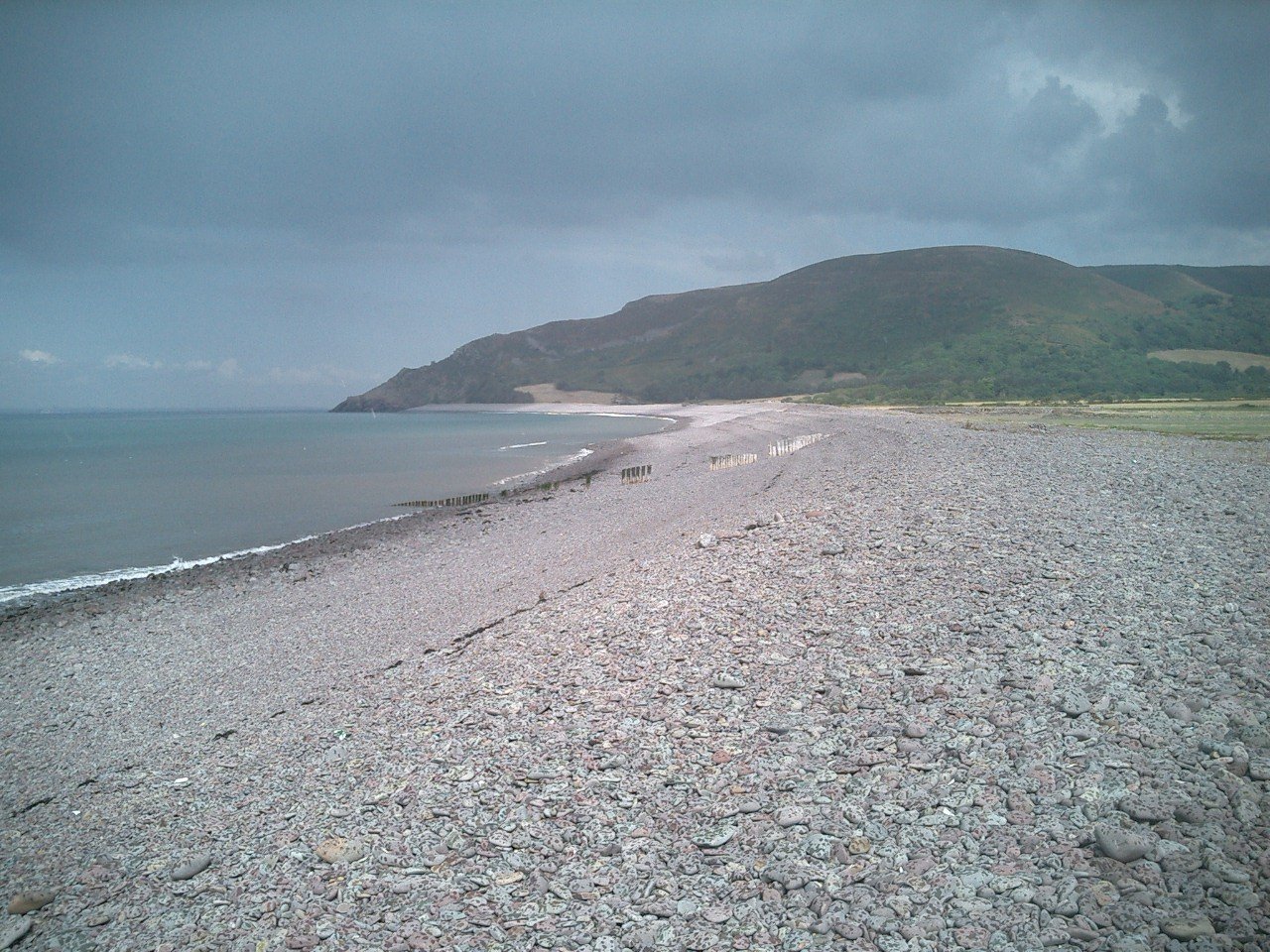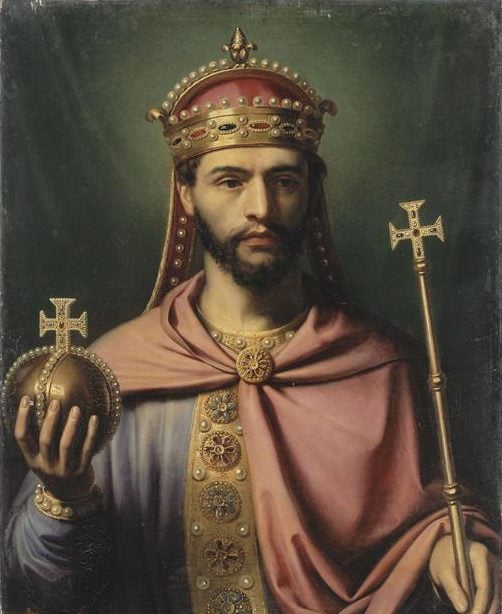Podcast: Play in new window | Download
This episode is getting a bit into the political weeds and it’s for a very important reason. We’re seeing the development of that dynastic juggernaut we all know and love, the House of Wessex, and I want you to see how and why it’s forming into what it will eventually become. Because the successes of Alfred and the later successes of King AEthelstan, the first King of England, flow from things that were set into motion during these early days of the Viking era. So please keep that in mind when we’re talking about what the various dynasties are doing, because it really does matter… even though most people don’t talk about it. Alright, lets get to it.

